20 things to consider before getting a second pet
Here's what to consider before welcoming another animal companion into your life
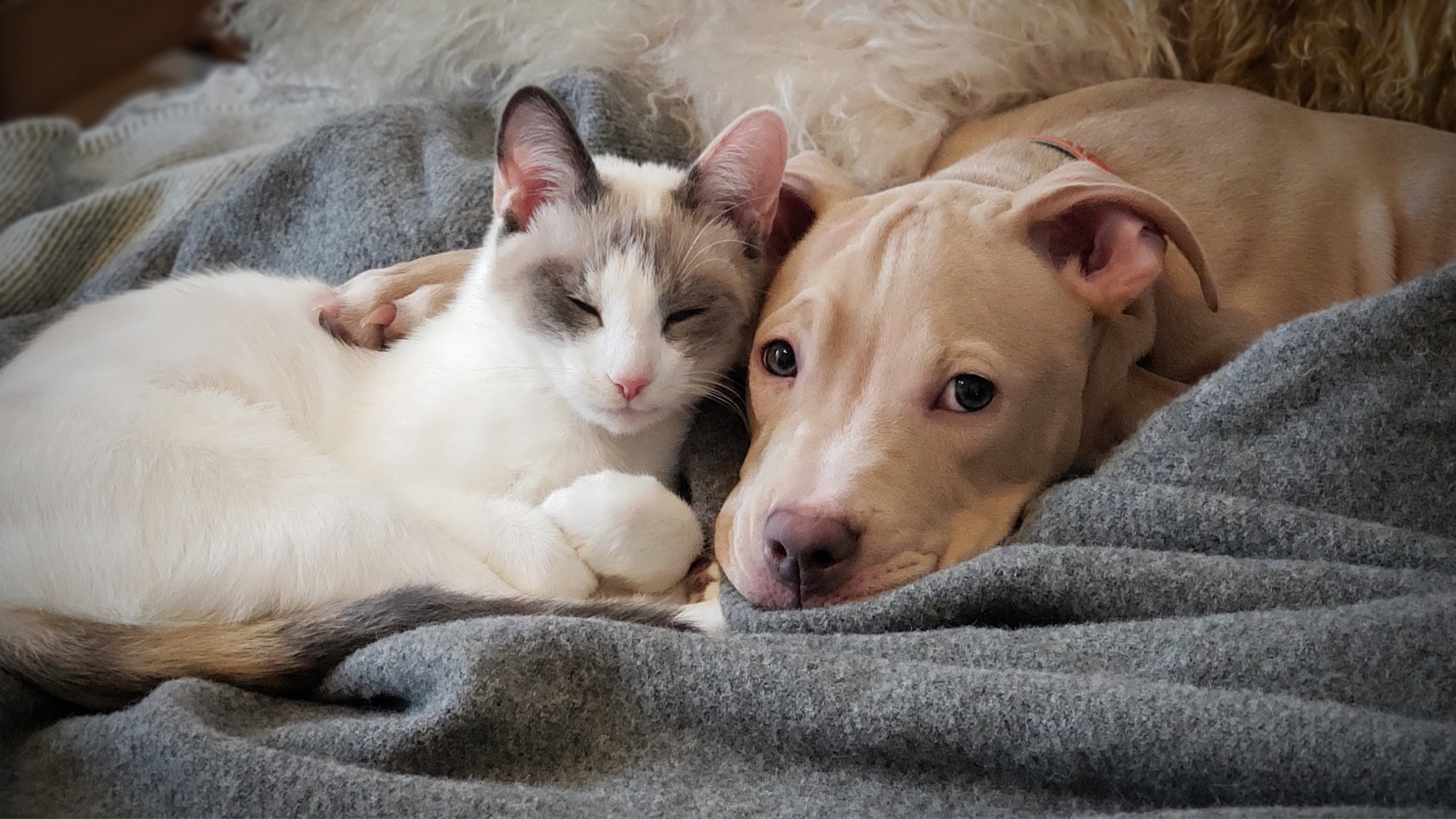
Are you considering getting a second pet? While having two pets can bring double the love, joy, and fun into your life, there's no denying that there are also some potential challenges that are worth considering.
Although some animals will bond instantly, you may find yourself having to learn how to keep the peace in a multi-pet household if your existing pet and your new one don't get along. There are also extra expenses to consider, the additional workload, and the impact that having two pets may have on your lifestyle.
Of course, having two pets may well enhance your home environment in a positive way, not to mention provide you with extra companionship and, if you choose to adopt, you're saving a life, too.
It's a lot to weigh up, which is why we've put together this helpful list for you. So, without further ado, here's everything you need to consider before getting a second pet...
Things to consider before getting a second pet
1. Your pets might not get along
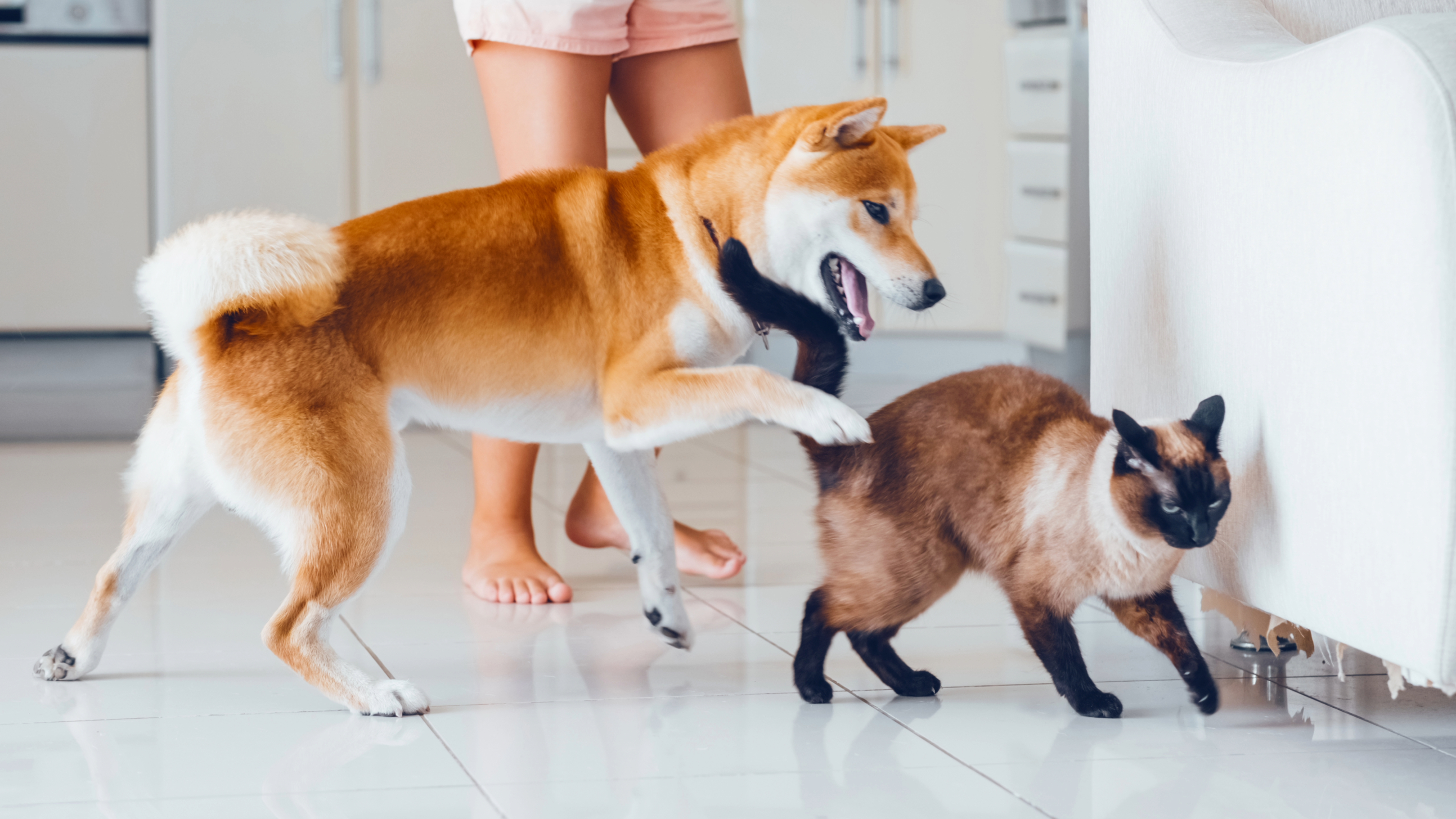
Often, we decide to get another pet to keep our existing pet company, but unfortunately, there's no guarantee that your pets will get along. While some animals will bond instantly, others simply won't like each other, and there's no way of knowing in advance which direction it's going to go in.
Just like us, our pets have their own preferences, likes, and dislikes, and it's not until we start to make the introductions that we'll get a sense of how smoothly (or not!) things are going to go.
The best thing you can do when adding a new pet into the family is to ensure you introduce your pets to each other slowly and go at their pace – and a few of the best dog treats or cat treats won't go amiss, either!
Get the best advice, tips and top tech for your beloved Pets
2. It's more expensive
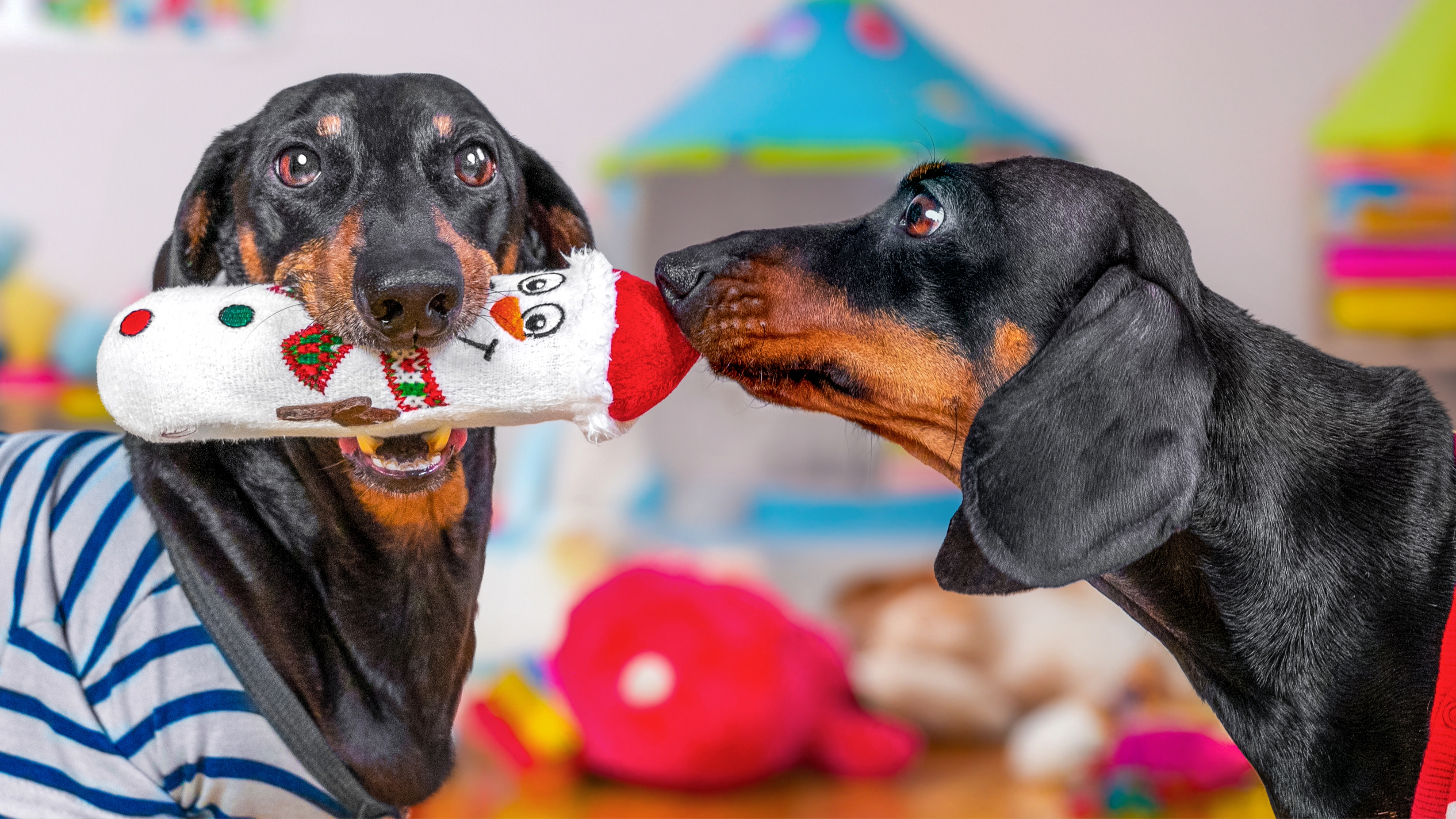
There's no denying it – having two pets is definitely going to be more expensive than having one. You'll be spending twice as much on items such as food, toys, grooming supplies, training tools, and pet sitting or boarding.
If you're considering getting a second pet, be sure to do the math first (here’s the cost of owning a dog). Two animals mean double the cost, so it's worth ensuring you can manage that before welcoming a new pet into your life.
3. It won't be easy to travel
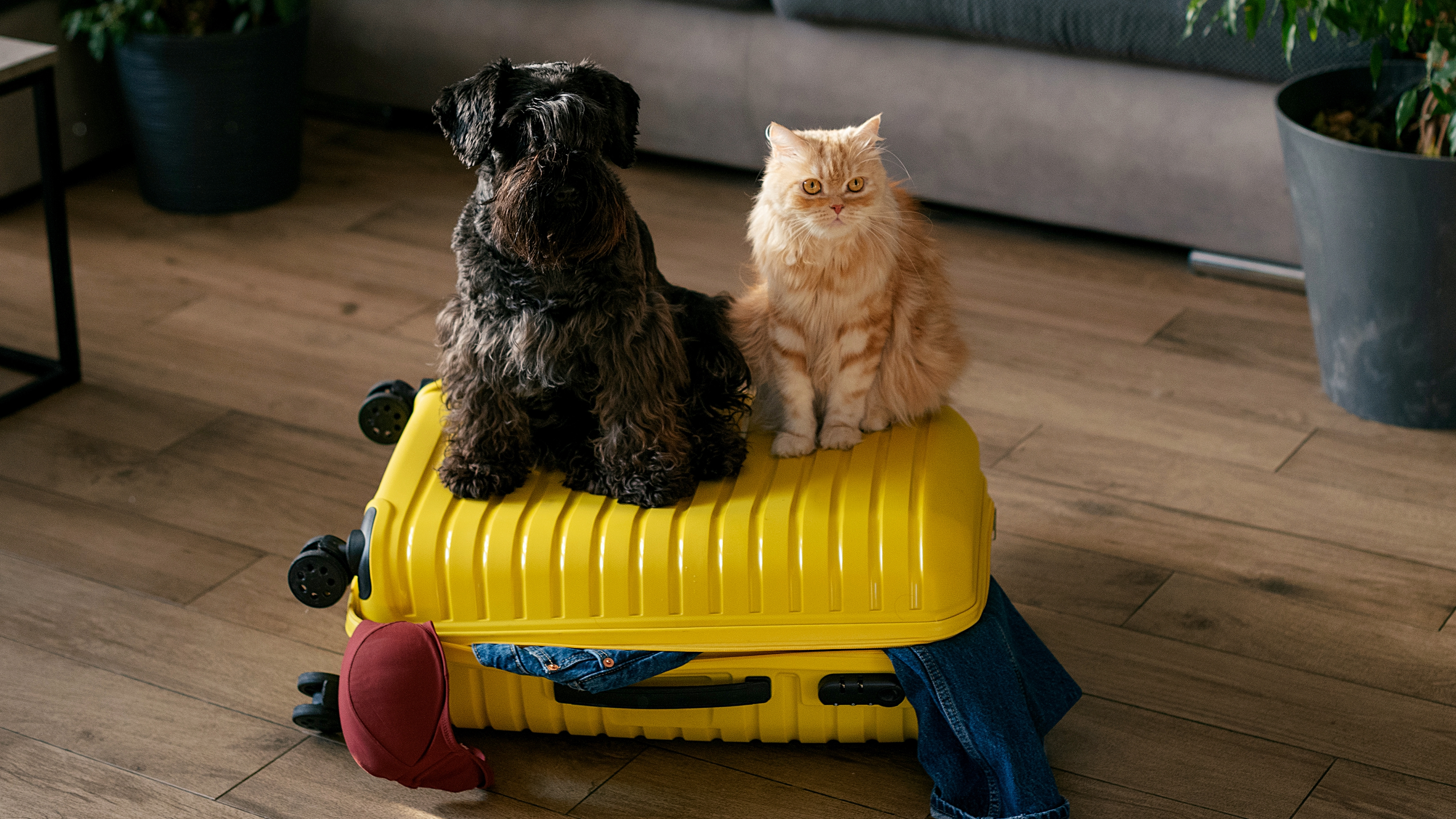
Depending on the pet you already have, traveling may currently be a breeze, or it may already feel challenging. Either way, adding another pet does complicate things when it comes to taking a vacation.
Traveling with pets can get tricky if you have a small car, want to fly or take the train, and some vacation rentals and hotels may only allow one pet. Some animals also don't like traveling, so while you may be able to take one pet with you, but find you need to hire a sitter for the other.
4. Two pets can mean double the work
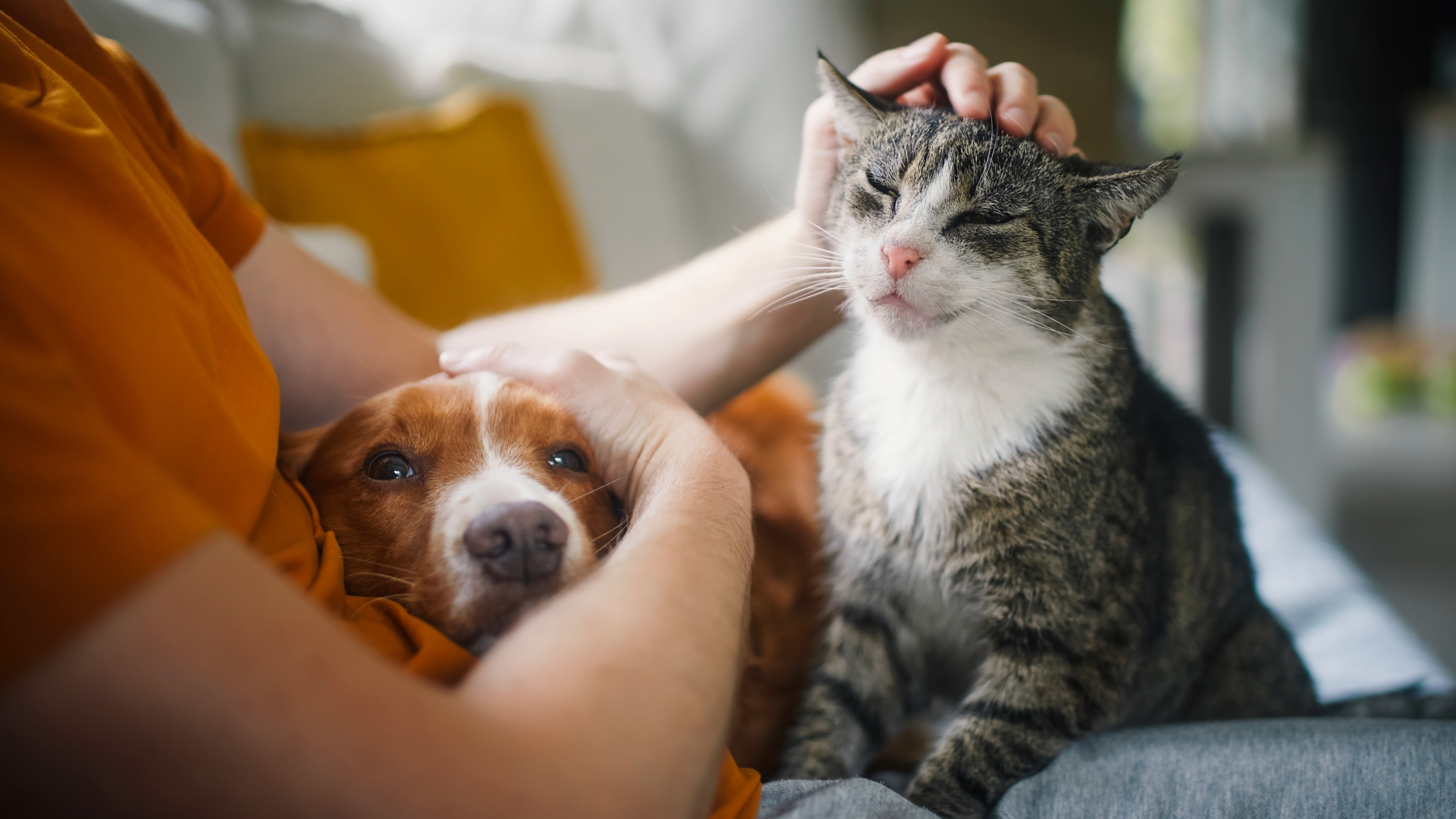
It's worth considering the additional workload before adding another pet to the family. If you're going to have two dogs, for example, that means two pups you need to walk every day – if they don't get along or are too much to manage, do you have the time to walk them separately? What if they don't play well together – do you have time to play with them one-to-one? There's double the grooming to think about as well.
If you decide on a dog and a cat, then there are other things to think about. It's likely they'll need separate play times, plus your cat will need their litter box emptied and daily brushing if they're a long-haired breed.
For smaller pets, their cage will need to be regularly cleaned out, and they'll need plenty of mental and physical stimulation to keep them healthy. While some pet chores can be done quickly, others do take time, so it's worth considering this before adopting a second pet.
5. It may change the bond you have with your existing pet
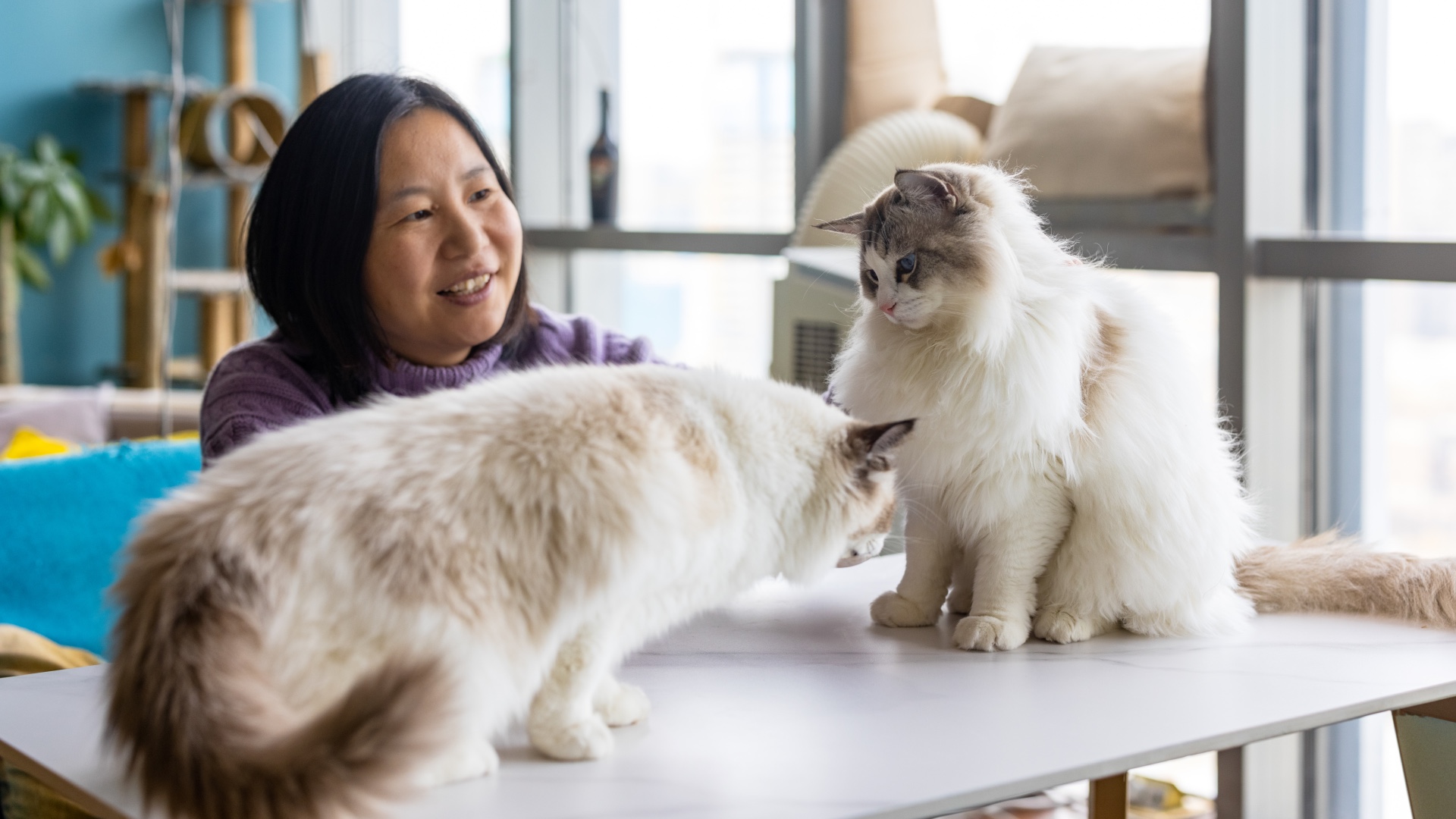
If you're the oldest child in your family, you may remember what it felt like when your younger sibling suddenly turned up! It can be hard going from having all of your parents' attention to having to share, and it's really no different for our pets.
While some animals have an independent streak and aren't too bothered about losing some of their owner's focus, others don't take kindly to not having all of their human's attention.
If you adopt a kitten or a puppy, they will initially take up a lot of time as you have to train them and help them learn the ropes when it comes to what you expect of them. Make sure to schedule plenty of one-on-one time with your older pet so that they don't feel left out.
6. Do you have enough space?
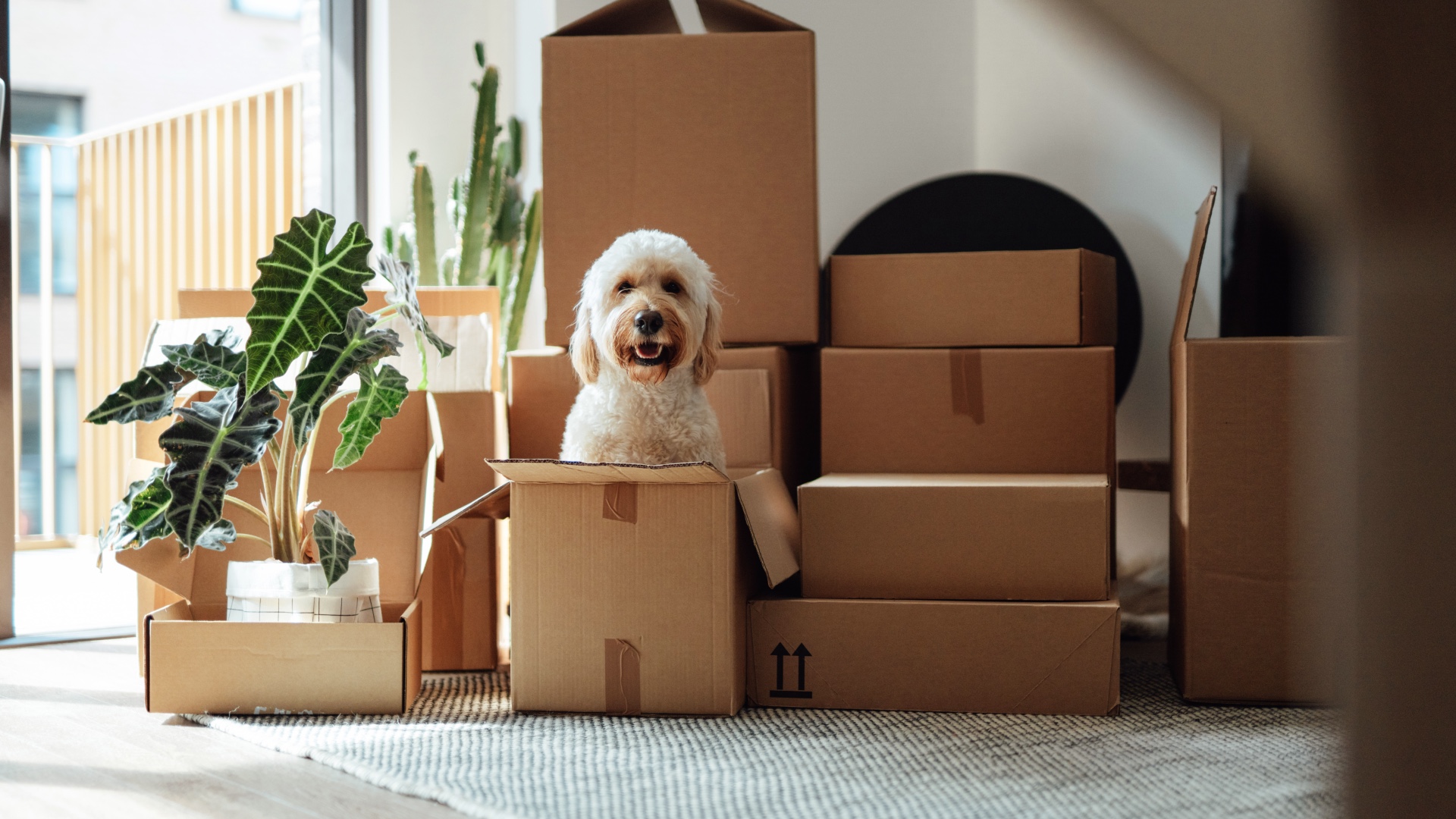
Unless you're planning on adopting a hamster, you'll want to consider whether you have enough space in your home for a second pet. This is particularly true if you're going to get another dog and both breeds are large.
But it's equally important to think about space if you live in an apartment, as you'd be surprised how crowded it can get if you add another pet into the mix.
7. Consider your family dynamics
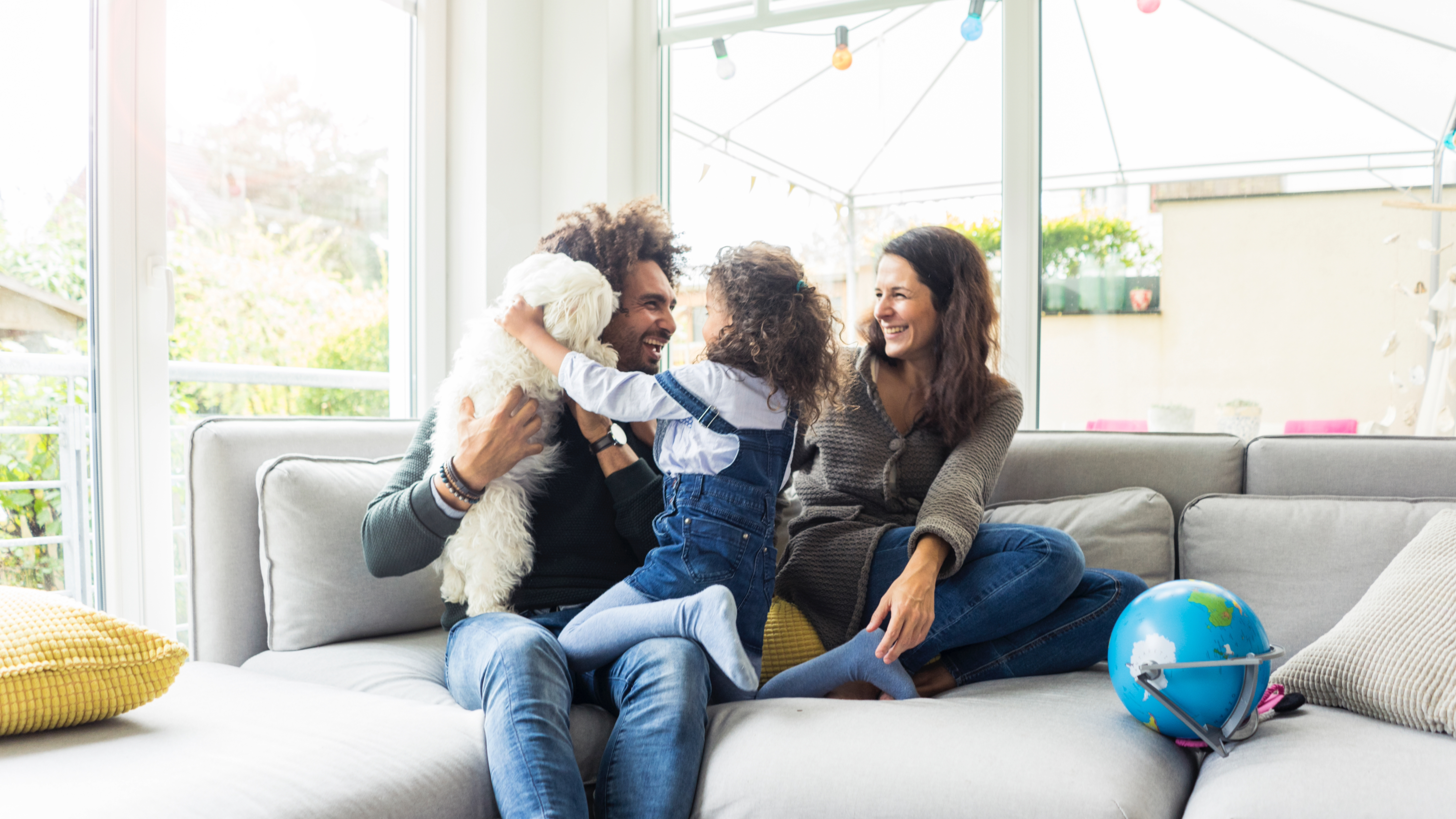
This may be one you haven't thought of, but it's worth having a think about your current family dynamic. Getting a pet affects everyone, and there are lots of things to consider.
What sort of responsibilities will other people in your home need to take on? Do your other family members have a preference when it comes to getting another pet? Does anyone have any allergies?
If you have young children in your home, you'll also want to do some research around the breed you're wanting to get. Are they patient with children? Are they fairly tolerant of being petted or picked up? Are they relatively gentle? These questions can help ensure you choose a pet who's a good fit for your family.
8. Training can be stressful
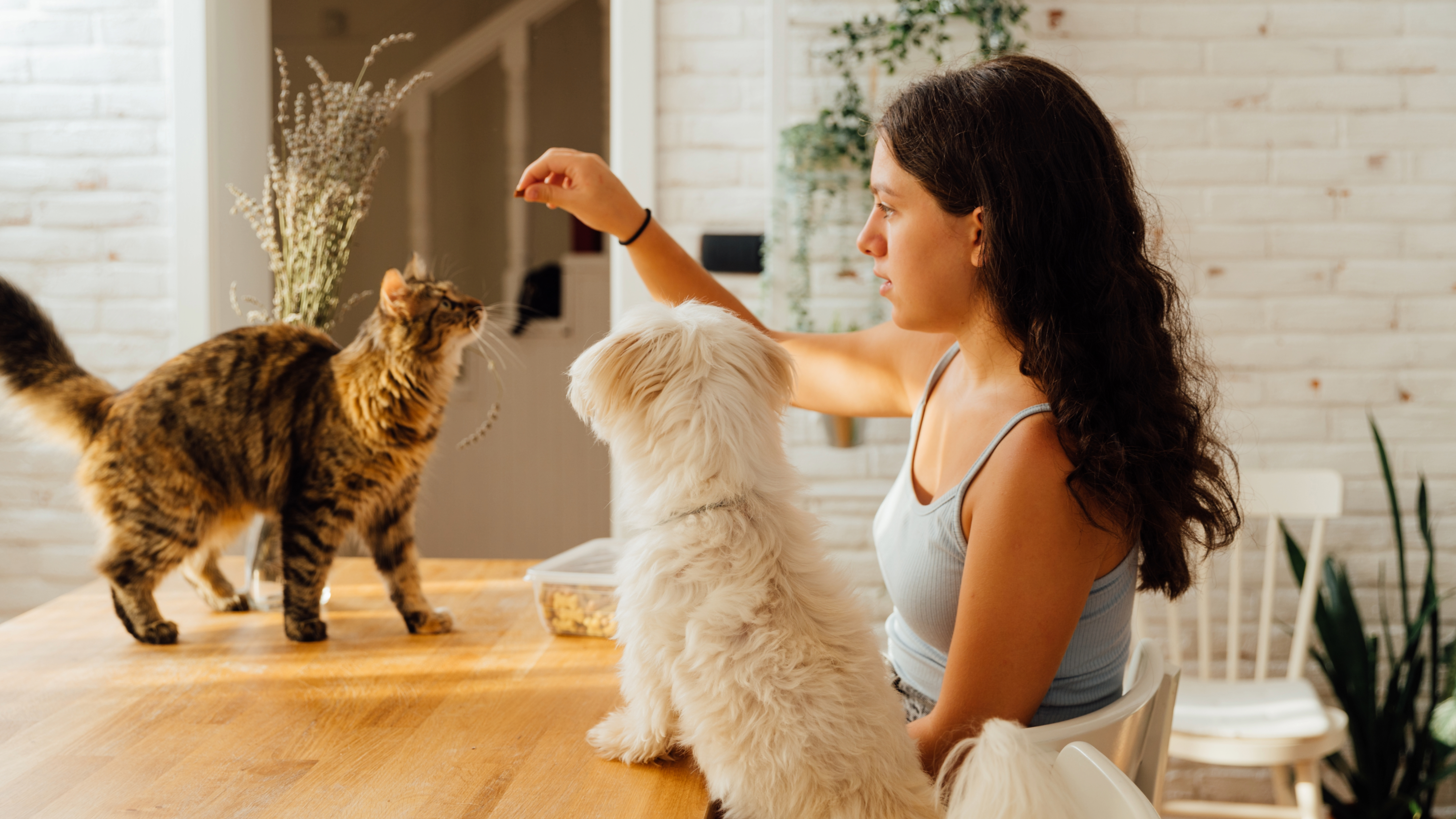
Do you remember what it was like to train your first pet? Depending on the breed of dog or cat you adopt, training may be relatively straightforward or a little more challenging. It's worth taking this into account as starting all over again can feel stressful. And because every animal is different, you may find that what worked for your first pet doesn't work for your second.
If you'll be training your dog on your own (or your new feline friend) it's worth making sure you have the time and energy to commit to this.
9. You'll need two of everything
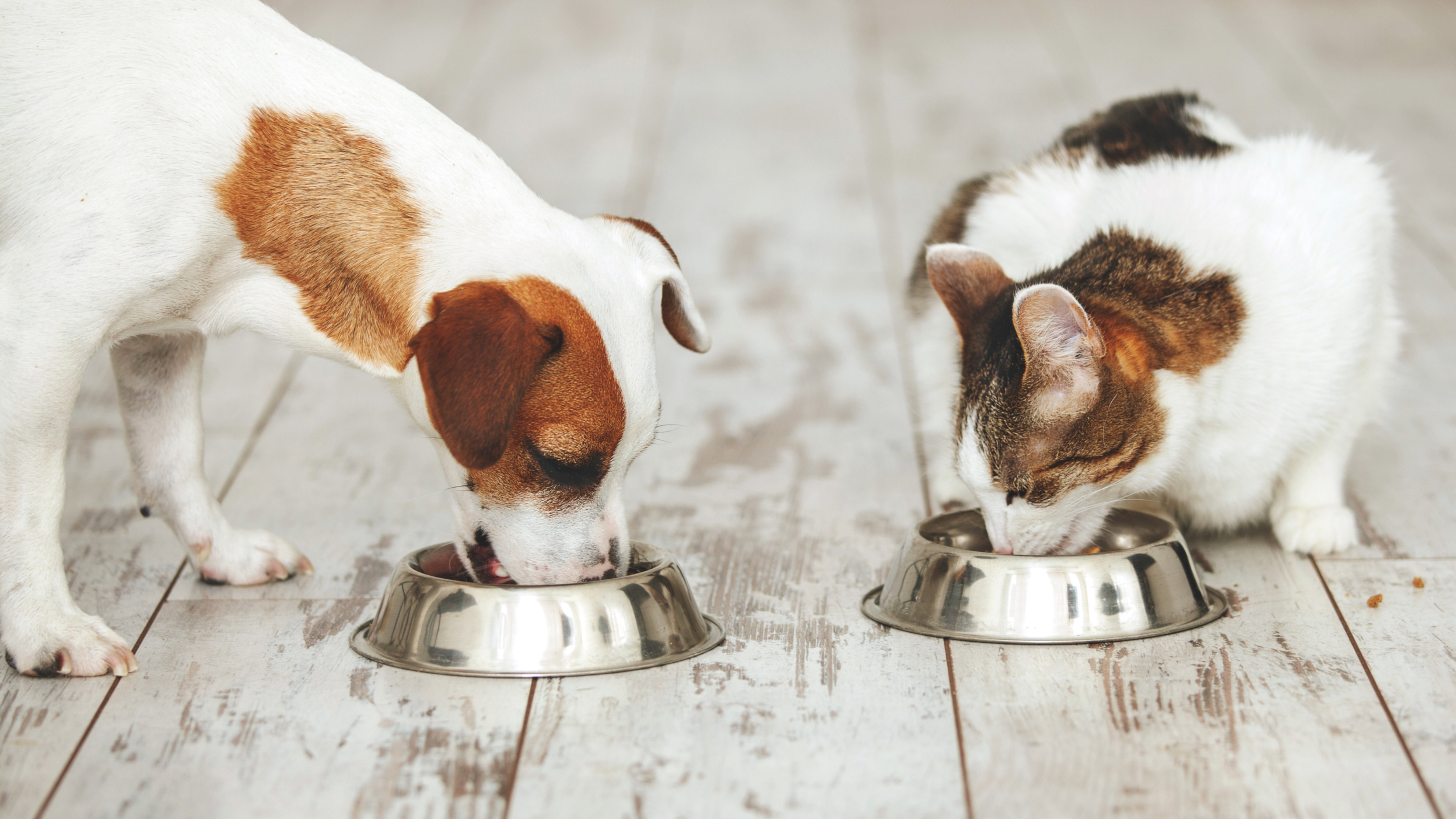
Two pets mean two of everything. That means two food bowls, two beds, two harness and leash sets if you plan on having another dog, two separate types of food if you have a dog and a cat, two sets of toys, and two or more litter boxes, scratching posts and cat trees if you plan on having another feline friend in the family.
10. More pets means more mess
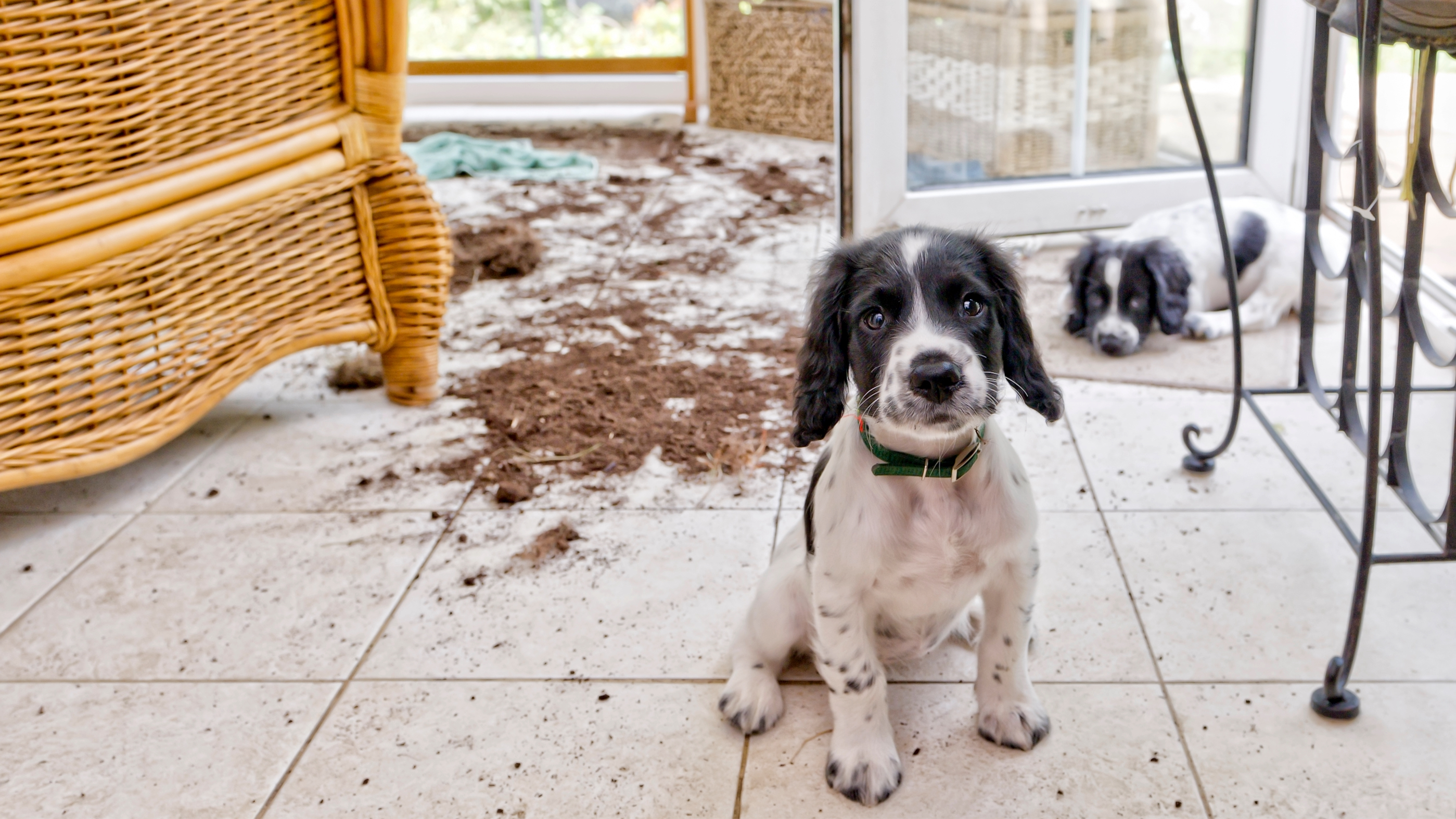
Managing dog shedding or cat fur all over your floors is a big enough job with just one pet in your home, but add another one in, and you'll have twice as much pet hair around your home.
And it's not just fur that can pose a problem. Dogs in particular can get really dirty in the wetter months and you can end up with muddy paw prints all over the place. Then there are potential accidents around the home when pets are young, and the fact that many of our fur friends are not the tidiest of eaters!
11. Routines can be disrupted

One of the major drawbacks to getting a second pet is the potential to have your routine further disrupted, something that can cause stress for both you and your pets.
If you're bringing home a puppy, for example, you may find your sleep is disrupted by needing to get up during the night to take them to the toilet. You may find that your new kitten or cat cries constantly as they settle in, or your hamster running on their wheel is the only sound you can hear in the middle of the night.
And it's not just nighttime routines that can be affected. You may struggle to get work done during the day if your new pet isn't settling in as quickly as you'd hoped. Or you may find it's not as easy to pop out and run errands as it once was, particularly if your pets can't be left alone together.
12. They may become codependent

While not all animals will struggle with this, separation anxiety in dogs and cats is particularly common and may occur in their relationship with their owner or with another pet. When pets become codependent (meaning they can't be without their owner or fellow fur friend), it can make life very difficult – both for you and for them.
If you're worried about the potential for your new pet to develop codependency or separation anxiety, it's worth thoroughly researching different breeds, as some are naturally more inclined to struggle with this. A pet that struggles with separation anxiety can leave you feeling trapped in your own home, so it's worth considering this before adopting.
13. Consider your existing pet’s temperament
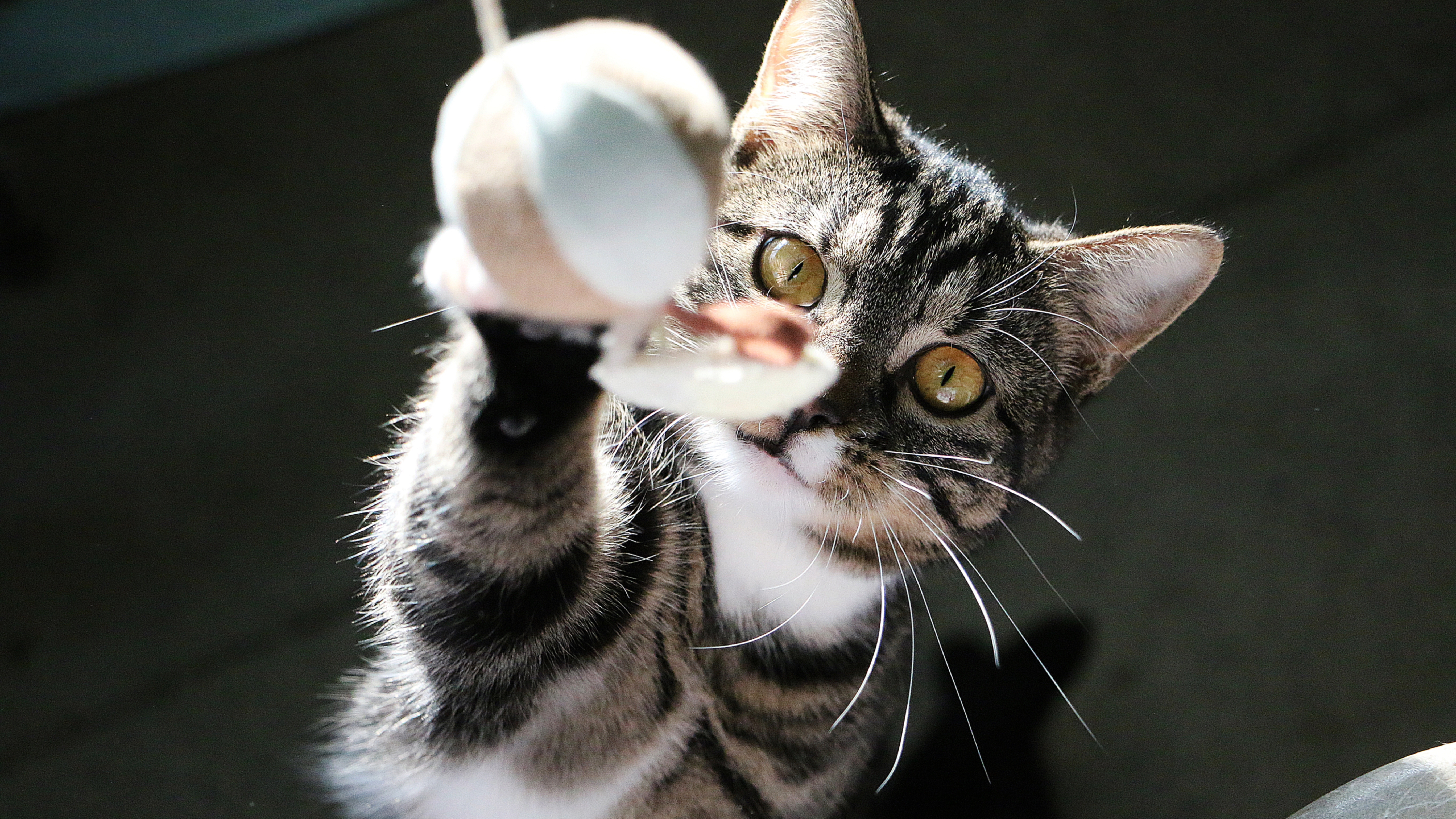
Do you have a high-energy cat breed who loves to be on the go or an extroverted dog who thrives when they're the center of attention? Or do you have the opposite? Perhaps you have a lazy dog breed who likes to live life in the slow lane or one of the calmest cats who just wants to sleep all day.
It's worth considering your existing pet's temperament and energy levels before adopting another pet, as this may influence how well they get along. Pairing a boisterous puppy with a senior cat, for example, is unlikely to go down well, whereas two laid-back breeds or two active breeds could be a good fit.
It could also be that your existing pet simply isn't cut out to live with other animals. Sometimes we mistakenly think our pet would do better if they had a friend around, but many animals are happier when it's just them and their favorite humans.
14. Pets can be noisy
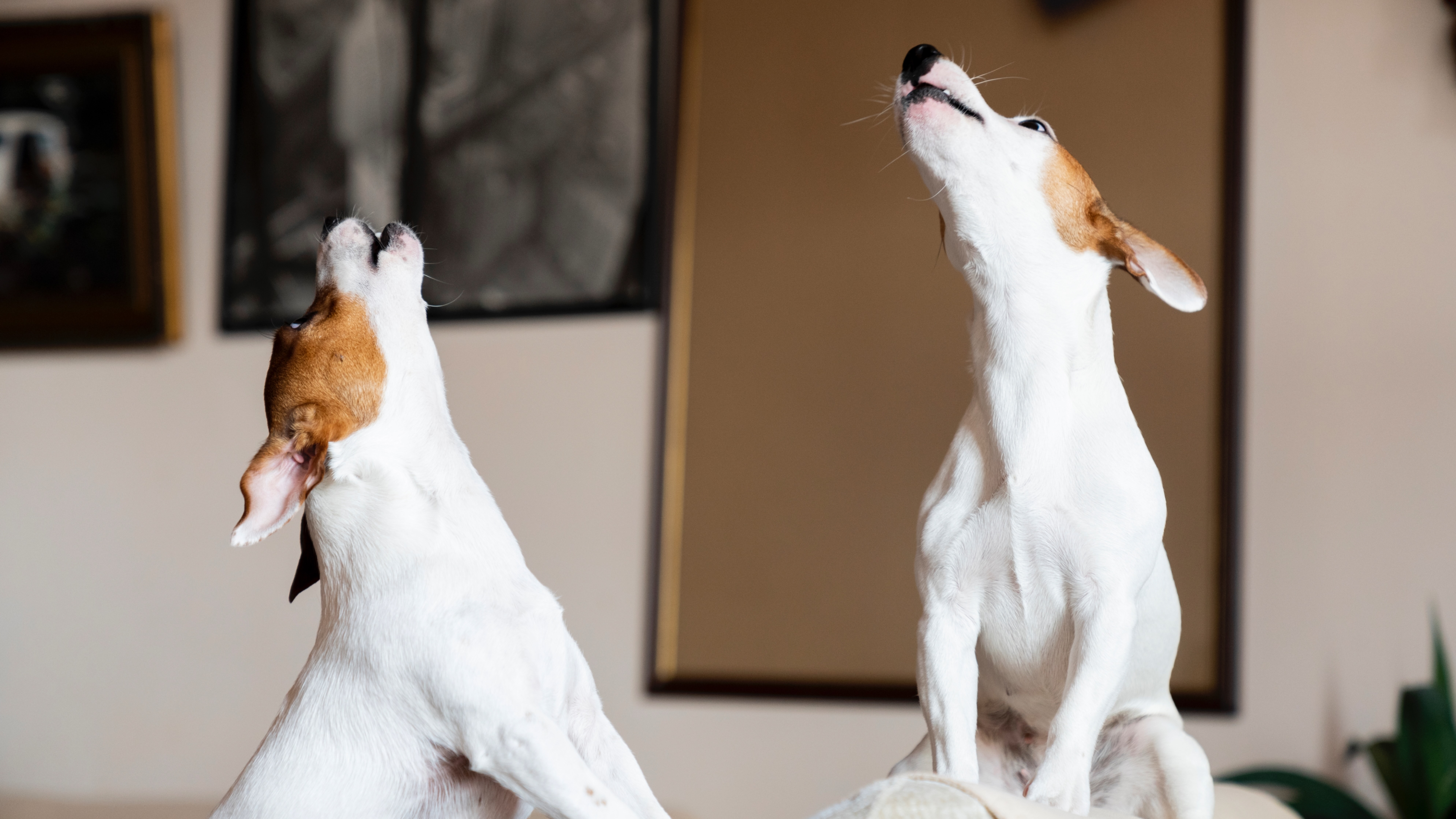
Dog won't stop barking? Cat vocalizing all the time? Noise can be a genuine issue when you have pets in the home, and it can prove particularly problematic if you live in an apartment where neighbors are likely to complain.
If you want a breed that's known for being relatively quiet, ensure you do your research before adopting.
15. Moving house could prove a challenge

Do you rent or do you own your home? There are things to think about in both of these cases if you plan on adopting another pet. It can be very difficult to find suitable housing if you're in the rental market, as many landlords don't like renting to those who have pets. Or, they may be okay with one pet but not two, or be open to a particular kind of pet but not others.
If you're a homeowner, you face a different problem. Even though buying a home makes it yours and means you can have as many pets as you want, moving can be hugely stressful for animals. While some settle quickly, others don't, and that could mean you end up dealing with behavioral issues you've not had to deal with in the past.
16. Your social life could be impacted
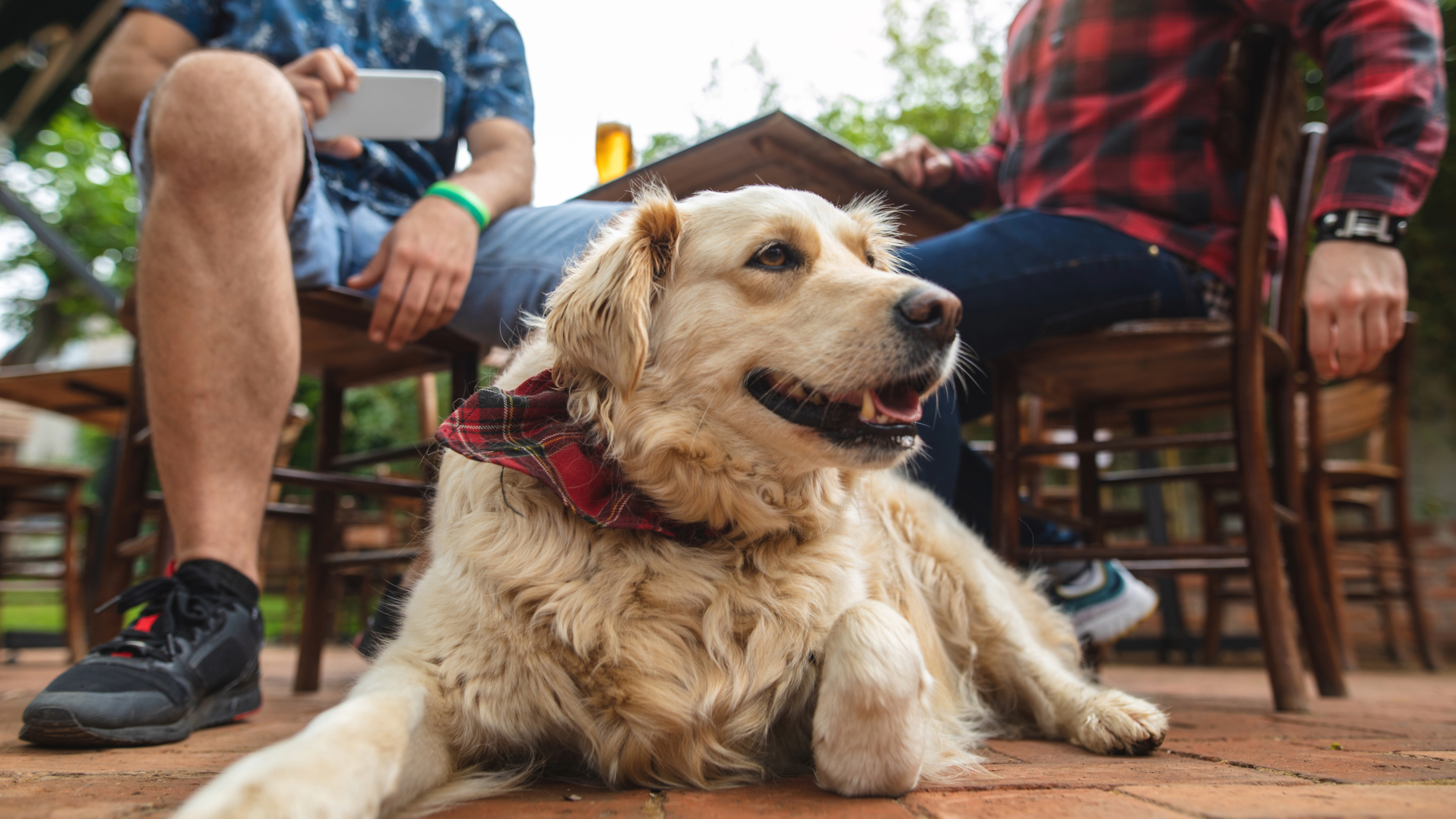
If you're someone who loves socializing with friends and family or you have a busy life filled with hobbies, it's important to understand how much spontaneity and freedom you may lose if you choose to welcome another pet into your life.
At the moment, perhaps that's not too much of an issue. Maybe you have an independent cat breed that's happy to do its own thing a lot of the time or a relaxed pup who you can take pretty much anywhere with you.
There's no guarantee that your new pet will slot as seamlessly into your life as your existing pet does, so it's important to expect change. Human parents tend to better understand the many ways their lives will change when they welcome a child, whereas pet parents sometimes underestimate this.
17. Are you prepared for another pet's energy?

Are you an introvert who loves quiet days and lots of solitude? Or are you an extrovert who thrives on being out and about in the world? Either way, you'll need to prepare yourself for the fact that your new pet may have a very different energy from you and your existing pet.
High-energy pets can be very demanding. They'll typically take a lot of your time, energy, and focus, and may not do well when left to their own devices. On the other hand, quiet and docile pets may want to spend the bulk of their day relaxing independently or curled up on your lap rather than playing or joining you on a walk or outdoor adventure.
Make sure that whatever pet and breed you decide to adopt that you're prepared for their unique energy.
18. Vet care can be costly
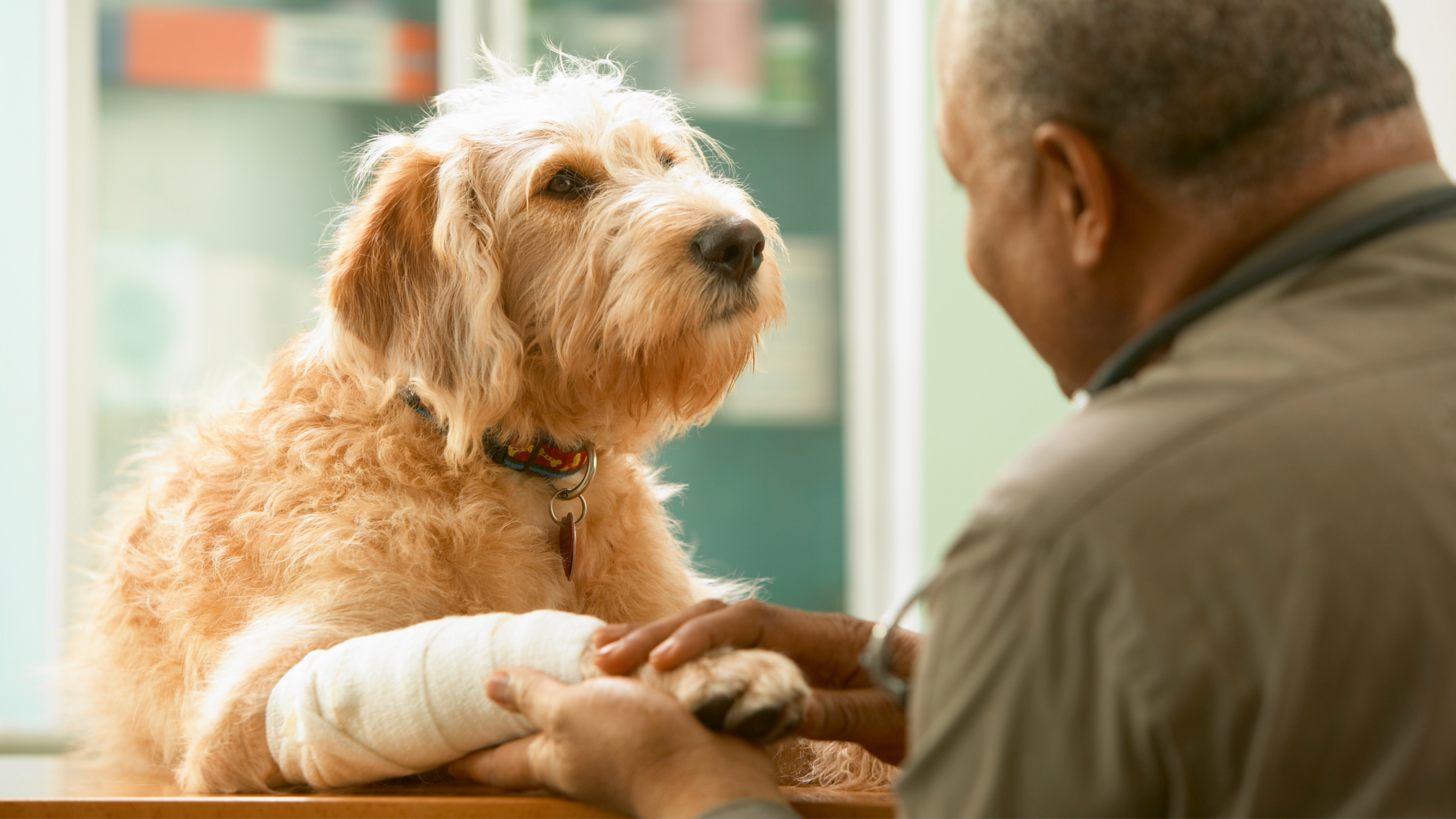
Whether it's cat and kitten vaccinations, puppy shots, or treatment for an injury or illness, you likely don't need us to tell you that vet care can be really expensive. When thinking about vet costs, be sure to budget for both preventative care and emergency care.
This includes things like flea treatments, nail trims, and vaccinations, as well as bigger costs, such as your pet needing dental work done or requiring surgery. You may want to look into different types of pet insurance or pet plans to see if these offer you an affordable way to meet those expenses.
19. Health risks
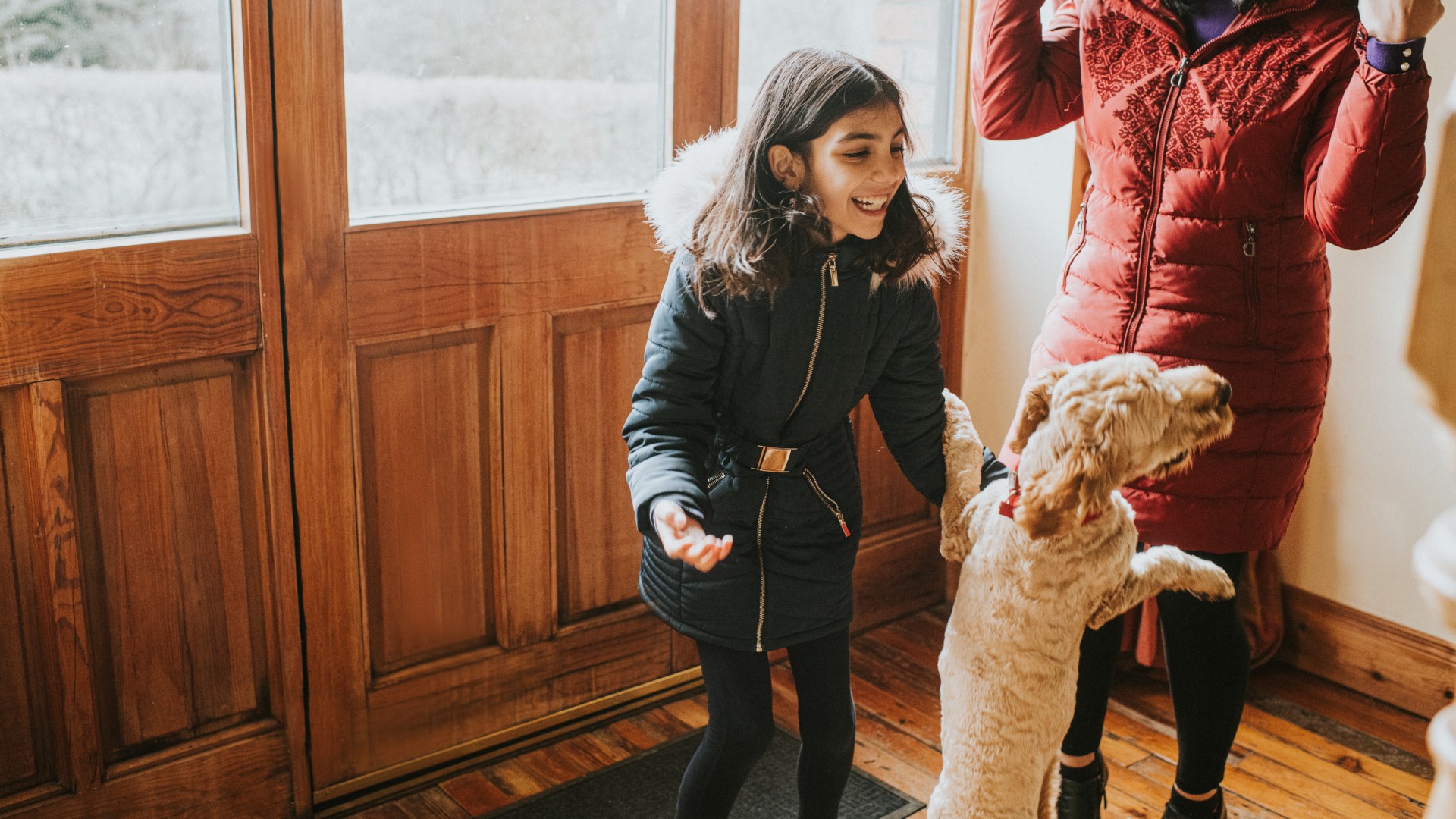
If you're fit and healthy and your animals are vaccinated, then the chance that your pets will pass something onto you is fairly slim. However, pregnant women, older people, and those with compromised immune systems are more at risk of certain bacterial, viral, parasitic, and fungal infections being passed on if they come into contact with an infected pet – especially if they're bitten or scratched or they're dealing with feces.
Large and boisterous dogs can also cause injuries to children and older adults if they accidentally knock them over while jumping up or playing. And there are also allergy risks, with some breeds of cats and dogs being more likely to trigger asthma and eczema flare-ups than others. Two pets means double the potential health risks, so it's worth being aware of these so you can make an informed decision.
20. Are you prepared for the emotional toll of having two pets?
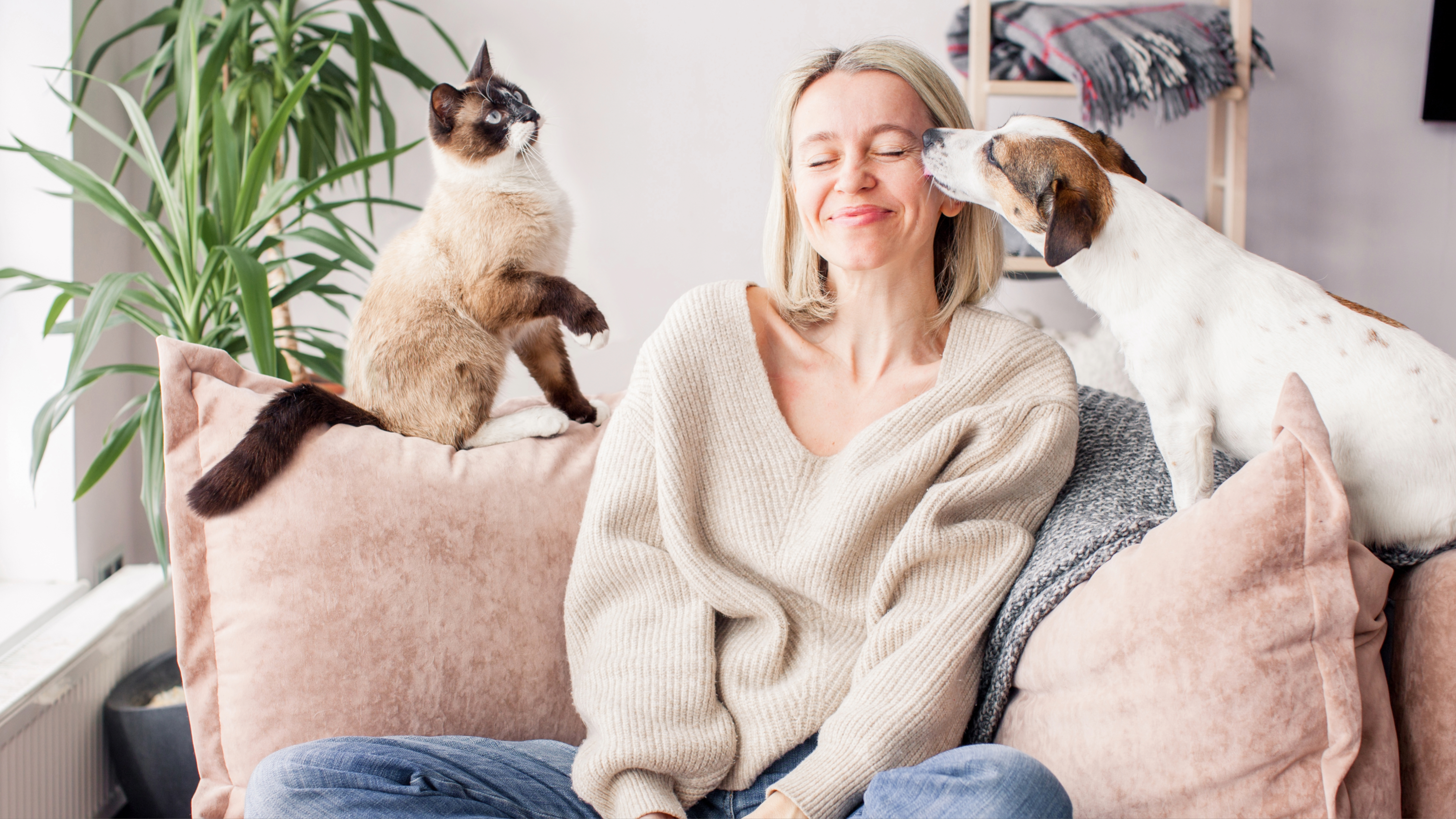
Having two pets can be incredibly rewarding, but it can also put you under increased mental and emotional stress. Unless your pets get along beautifully, you may find you spend a lot of time managing their interactions, including breaking up fights or disputes over territory.
There's also something called anticipatory grief to consider. This is the kind of grief that arises before a pet dies when the possibility of loss is present but hasn't yet happened. The more pets we have, the more we experience both extra love and extra heartbreak. Dealing with the loss of a pet is definitely something to think about before welcoming a second animal into your life.
Read next: 5 things I wish I knew before getting a second dog
Edited by Georgia Guerin and Alexis de Leaver.

Kathryn is a freelance writer who has been a member of the PetsRadar family since it launched in 2020. Highly experienced in her field, she's driven by a desire to provide pet parents with accurate, timely, and informative content that enables them to provide their fur friends with everything they need to thrive.
Kathryn works closely with vets and trainers to ensure all articles offer the most up-to-date information across a range of pet-related fields, from insights into health and behavior issues to tips on products and training.
When she’s not busy crafting the perfect sentence for her features, buying guides and news pieces, she can be found hanging out with her family (which includes one super sassy cat and a kitten), drinking copious amounts of Jasmine tea and reading all the books.
She has written for a range of publications, including Fit&Well, Top Ten Reviews, LiveScience, Goodto, and Product Hunt.
